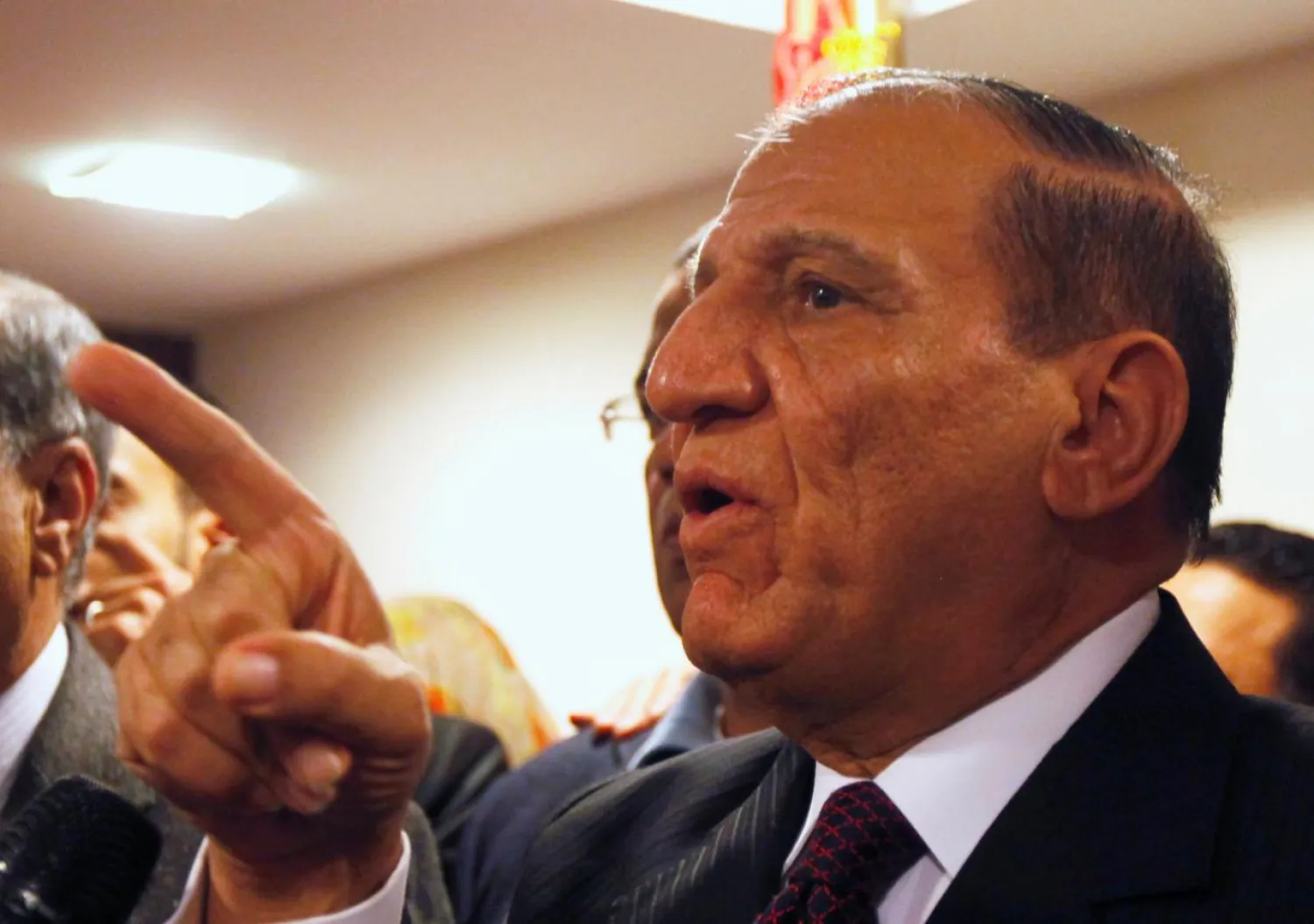The National Electoral Authority (NEA) announced that it will start receiving application forms from potential candidates for the 2018 presidential elections on Saturday. Meanwhile, Egypt’s former military Chief of Staff Sami Anan declared his own bid for the presidency during a televised speech.
The NEA will receive submission until January 29, according to the presidential race schedule, which is set to start with the vote of Egyptians abroad on March 16, and on March 26 for Egyptians inside the country.
NEA spokesperson Mahmoud El-Sherif announced that the committee did not receive any possible candidacy bids until closing time on Saturday 5 PM.
Anan announced his candidacy hours after President Abdel Fattah al-Sisi’s announcement that he is running for a second term in office in the presidential poll during his closing speech at the end of the three-day “Tale of a Homeland” conference, where the president and the Egyptian government presented an overview of the projects and achievements made in different fields during the last four years.
During his speech, Anan said he would submit his candidacy for the post of President of the Republic once he has completed the necessary procedures pertaining to his position as former Chief of Staff of the Egyptian Armed Forces, in accordance with military laws and regulations.
He went on to say that as the country is experiencing dangerous times, including the threat of terrorism and deteriorating living conditions. What is needed, he said, is new political and economic policies that respect the constitution and “ensure rights and freedoms, and preserves the spirit of justice and the values of the republican system.”
“I call on civilian and military institutions to maintain neutrality towards everyone who had announced their intention to run and not take unconstitutional sides of a president who will leave his post in a few months,” Anan added.
In 2014, the former military leader declared his intention to run for presidency, but he didn't proceed with his candidacy saying that his decision was "to uphold the country's best interests and to counter conspiracies aimed at the state."
If Anan manages to complete his candidacy requirements, he will be a strong rival for the current president.
To be accepted as a candidate in the presidential election, Egyptian Constitution requires the candidate to be recommended by at least 20 elected parliamentarians or endorsed by at least 25,000 citizens who have the right to vote, in at least 15 governorates, with a minimum of 1,000 supporters from each governorate.
Sisi is endorsed by more than 500 lawmakers out of 596, as well as citizens and other potential candidates.
The NEA issued a decision to assign a number of committees to amend the electoral site of the expatriate citizens, so the citizens can perform their constitutional right to vote in the scheduled presidential elections.
NEA’s executive director Alaa Fouad said that the presidential candidates could present their credentials for themselves or through agents. He added that the agents should have official authorizations from their nominees.
NEA's Deputy Executive Director Major General Rifat Kumsan confirmed that the signing of the medical examination of the applicant will be available until January 26, as the last day for candidates to submit a medical examination.









